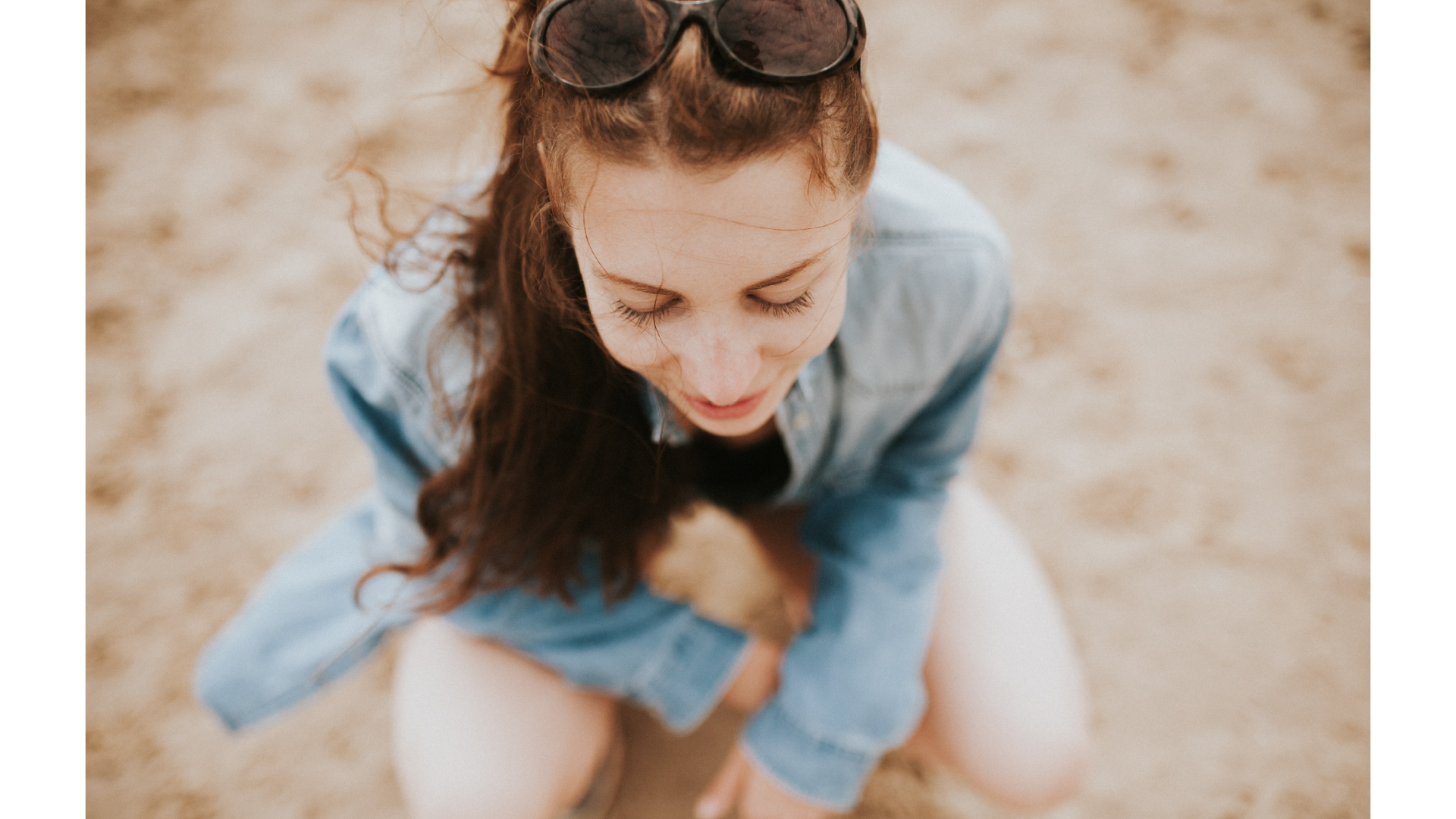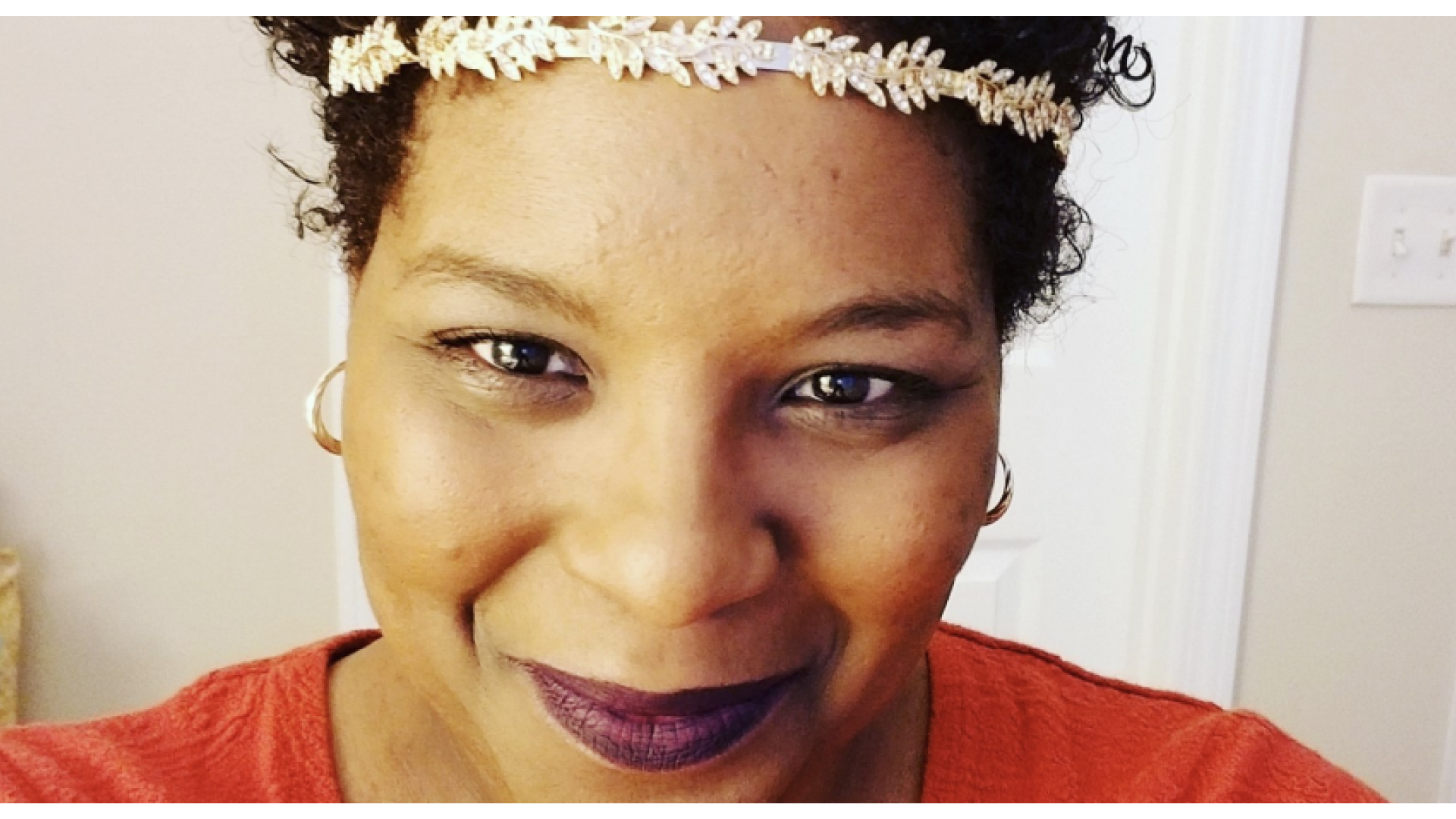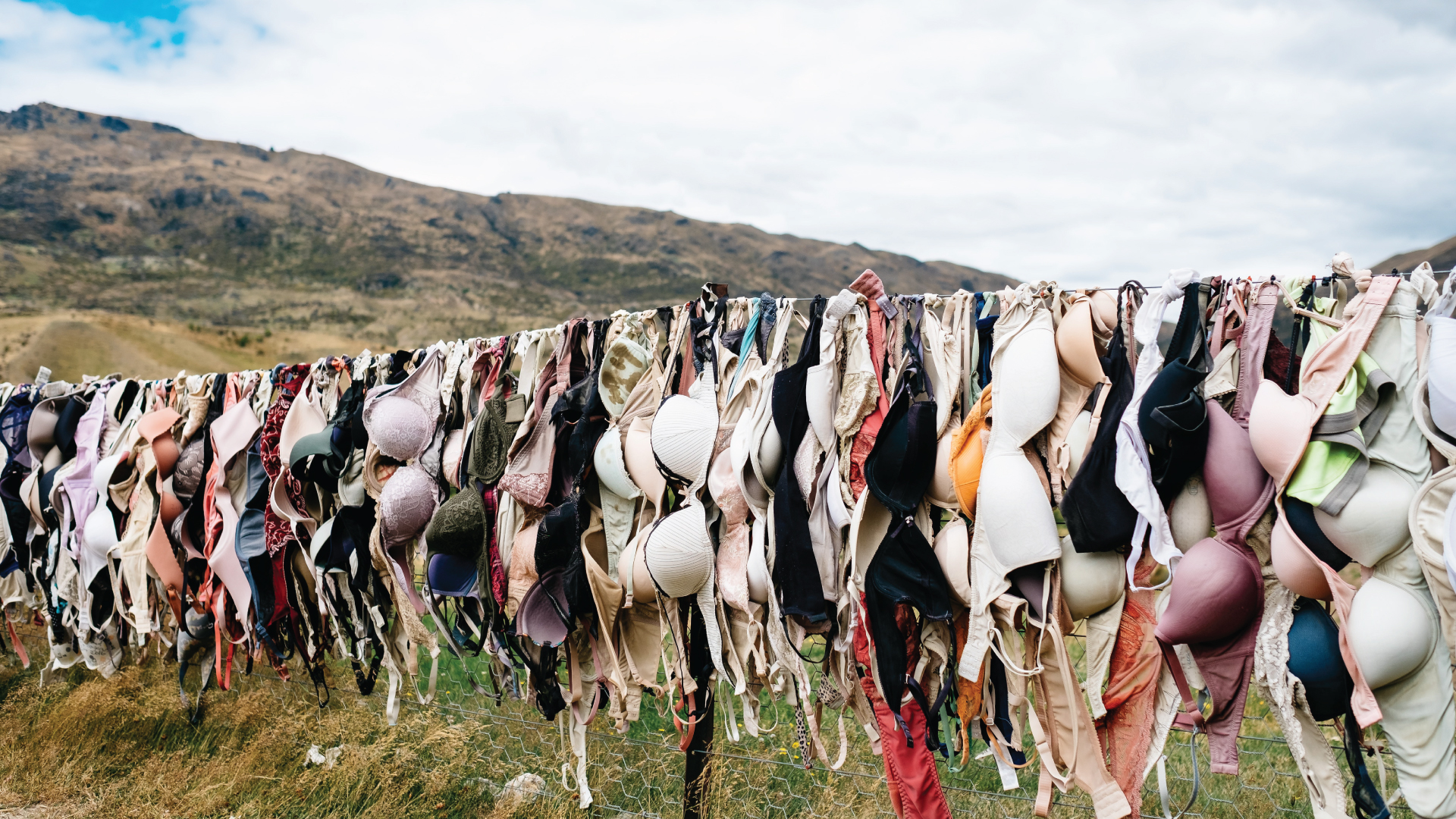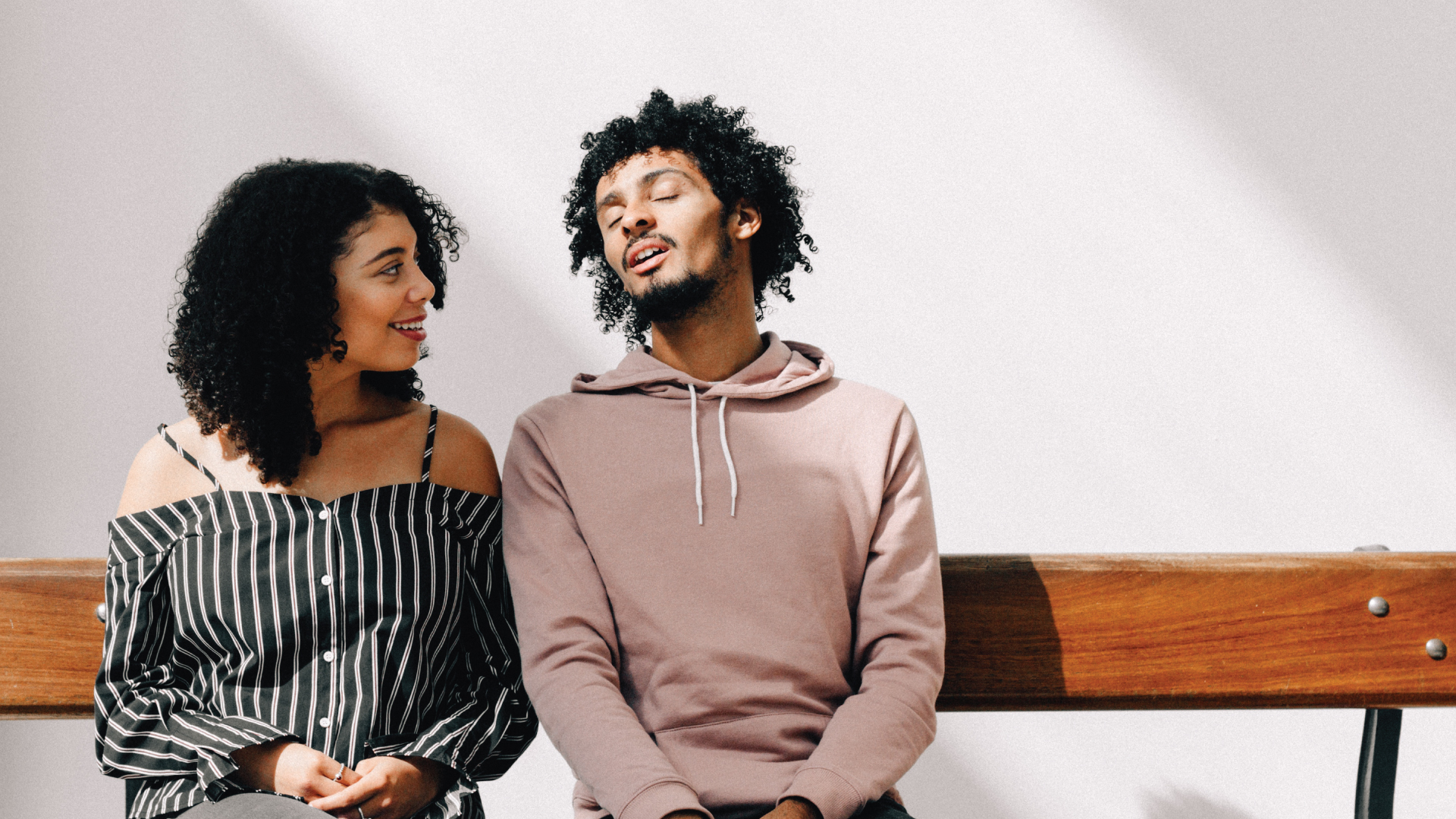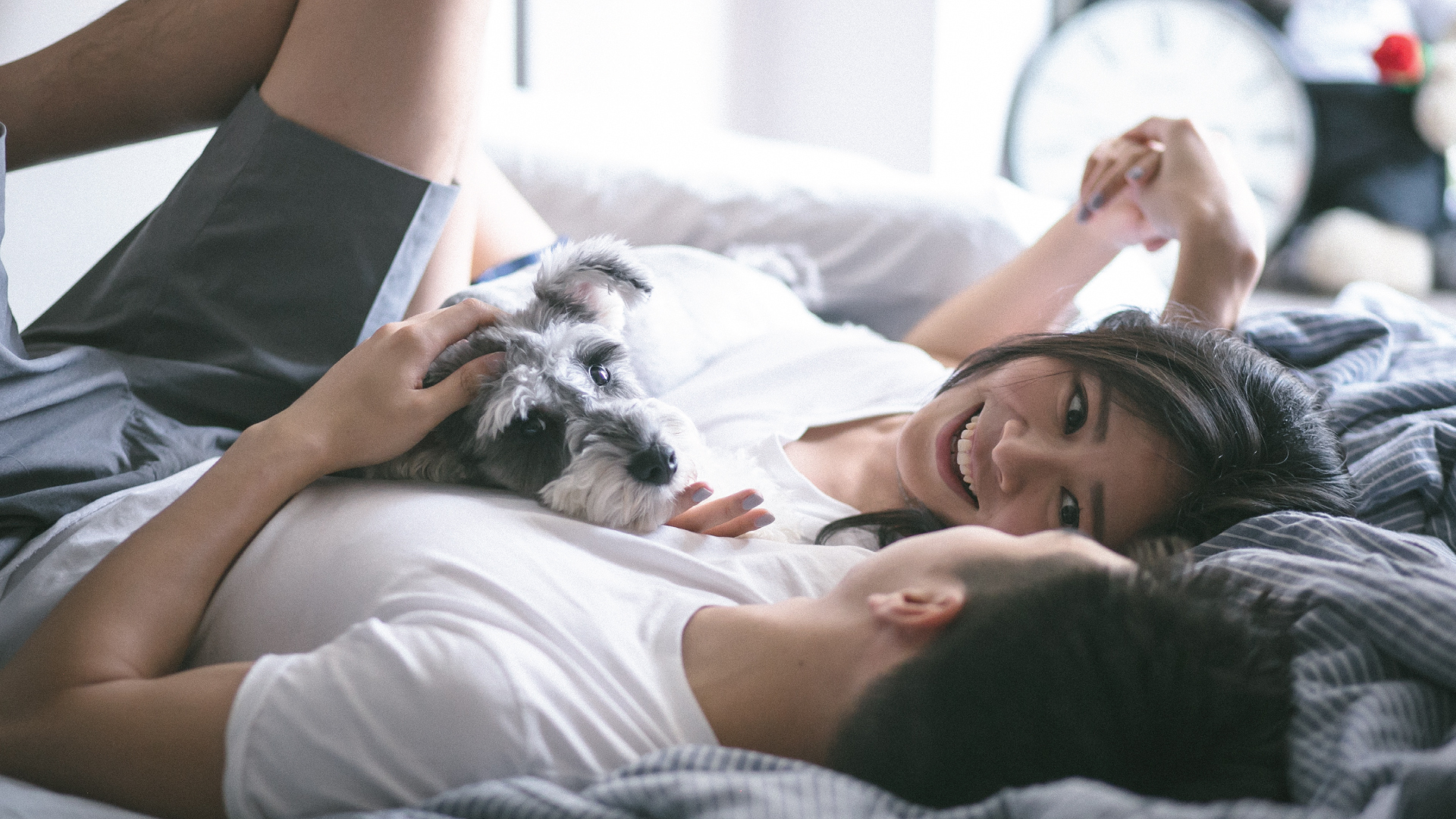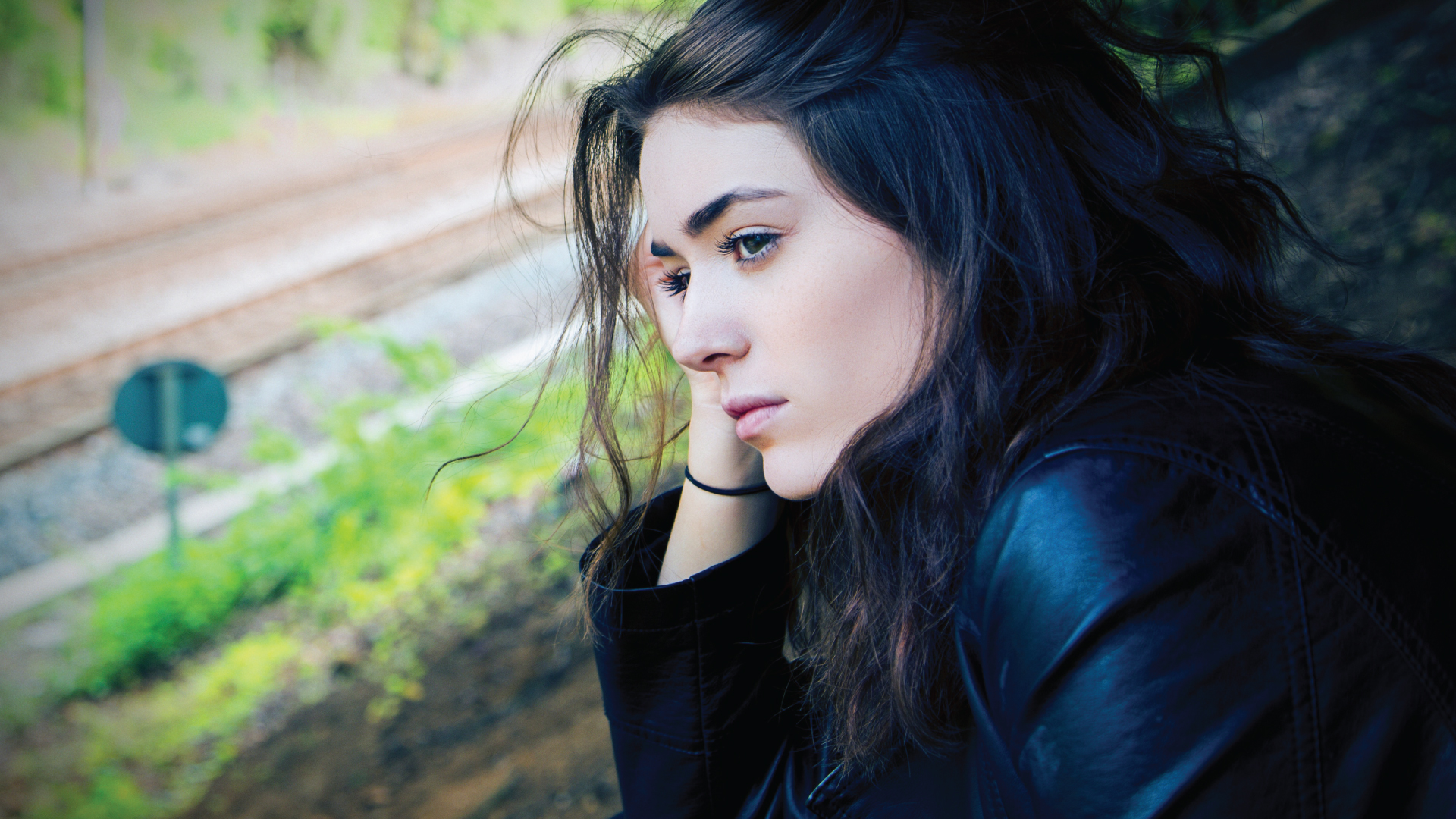Ever had a question about relationships or sex that you just can’t ask your oncology care provider? Ever felt too shy to ask a nurse or doctor a question but really need the answer? Now you can ask those questions and get answers from Dr. Anne Katz, the Awkward Auntie!
Question: My tolerance for sex and/intimacy (never strong) has nearly disappeared. How do I recover this connection with my husband? I don’t have cancer but have had a BSO in the past 6mos, am BRCA+, and have had ongoing elevated numbers. I am also on HRT. (Previvor)
Awkward Auntie: This is a common issue in part due to the loss of ovarian hormones that leads to early menopause that is way worse than ‘normal’ menopause. You have been through a LOT in the recent past along with the knowledge that you are at high risk due to your BRCA + status – libido is a head thing and stress and worry will often take away desire. You don’t mention if the hormone therapy you are taking is local or systemic….. is vulvo-vaginal dryness adding to your lack of interest.
When you say that your tolerance is low or non-existent, are you talking about pain with sexual touch or activity or loss of interest? These are two separate but connected issues. Talking to a sexuality counselor can also help – your partner is likely deeply affected by what you have been through.
One way to increase desire that has good results is the practice of mindfulness – there is a new book that has just been published that I highly recommend. Get a copy and read through it – no pills or potions, just using your head to help!
Better Sex through Mindfulness: How Women Can Cultivate Desire by Dr. Lori Brotto (Greystone Books)
You can learn more about this great program, find the answers to past questions, and submit a question of your own by going here!
—
More about the Awkward Auntie program:
Dr. Anne Katz, also known as the Awkward Auntie, is a certified sexuality counselor and nurse who has written a couple of books about young adults and cancer – and all the things that happen to your body, relationships, and sex during and after treatment. She will be answering any and all questions that you send to AwkwardAuntie@lacunaloft.org or that you submit in the form below. You don’t have to give your name or other identifying information – but it might be helpful for her to know how you identify yourself by gender, your age and what kind of cancer and treatment you had.
YOU CAN ASK HER ANYTHING…. Don’t hold back! Your questions will be answered periodically and posted on our Awkward Auntie page.




